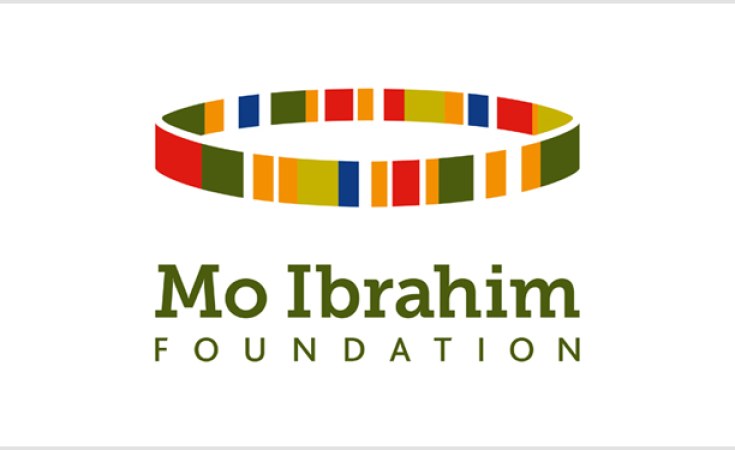The Mo Ibrahim Foundation (MIF) has released its latest research report, Africa on the road to COP28: reconciling climate & development , outlining the three priorities that must be addressed at COP28 in Dubai.
The research builds on the Nairobi Declaration on Climate Change and the Call to Action published after the Africa Climate Summit and seeks to support efforts to strengthen Africa's voice in the global climate debate ahead of COP28.
The Mo Ibrahim Foundation has long advocated for a reconsideration of the climate agenda to ensure that development and climate priorities are properly reconciled, and this report represents a continuation of this efforts. The three priorities and key arguments outlined in the report have been summarised below:
Priority 1. Focus on adaptation: build resilience and climate-proof development
- While curtailing the emissions of those with the biggest carbon footprints makes sense, the focus for Africa needs to be on adaptation and building resilience. This means addressing development challenges that increase vulnerability and incorporating climate resilience into development projects in areas like food security, energy security and infrastructure.
Priority 2. Unlock the potential of Africa's green assets: add value locally and focus on governance
- Africa's critical green assets can be tapped to make progress on the continent's development agendas whilst simultaneously contributing to global climate goals. It's key that these efforts should focus on local transformation to create jobs and reduce emissions, paired with global efforts to conserve biodiversity.
Priority 3. Break the debt-climate nexus and grow Africa's domestic revenues
- African countries are forced to turn to external borrowing to fund development goals and costly debt servicing, illicit financial flows and capital flight drain the continent of resources for adaptation. Reforming the global financial architecture, breaking the debt-climate nexus, and boosting Africa's revenues is critical to reconciling climate and development.


